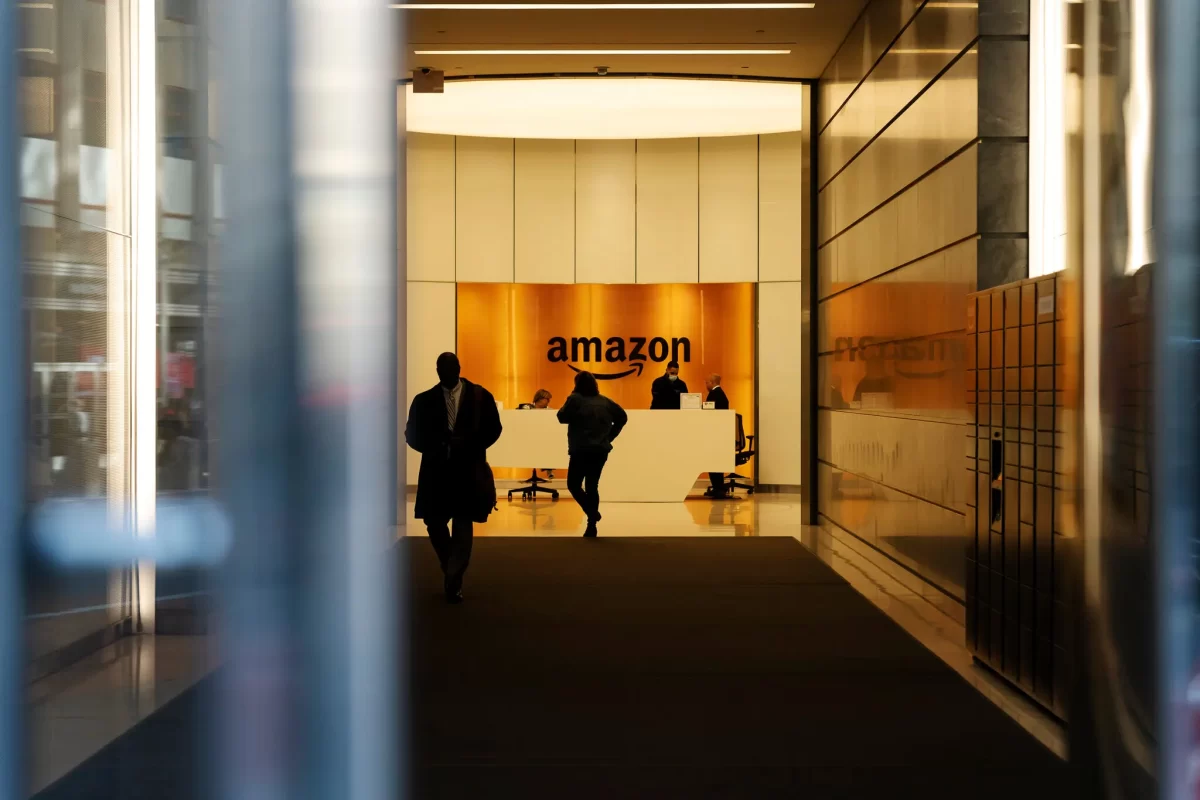On Sept. 23, the Federal Trade Commission joined forces with 17 state attorney generals to sue Amazon. The case is based on allegations that the company is a monopoly that utilizes anticompetitive and unfair measures. Given Amazon’s prominence in the e-commerce industry, the lawsuit has major implications for the future of the industry and the prices consumers will find.
Founded in 1993 as an online book retailer, Amazon has grown into a $1.3 trillion company spanning various industries: e-commerce, entertainment, and cloud computing. Major reasons for its popularity are the increasing rapidity of package deliveries and comparatively cheap prices. The techniques used to achieve the latter are a concern for the commission.
Many sales on Amazon are made through the Buy Box, a display with “Add to Cart” or “Buy Now” options. Court documents state that when sellers offer goods at lower prices elsewhere, Amazon eliminates these sellers from the Buy Box.
One of those documents states that “Amazon internally recognizes [that] eliminating a seller from the Buy Box causes that seller’s sales to ‘tank.’”
Another tactic used to discourage lowering prices on other sites is “to bury discounting sellers so far down in Amazon’s search results that they become effectively invisible,” according to the same document.
“If the [commission] gets its way, the result would be fewer products to choose from, higher prices, slower deliveries for consumers, and reduced options for small businesses — the opposite of what antitrust law is designed to do,” said David Zapolsky, Amazon’s senior vice president of global public policy and general counsel. “The lawsuit filed by the [commission] today is wrong on the facts and the law, and we look forward to making that case in court.”
Another concern, the commission detailed, was the operation of Amazon Prime. Sellers must use Amazon’s fulfillment service for Prime eligibility, which is a major factor in whether a good is sold. Though many sellers would prefer alternative fulfillment methods that they could apply on a variety of platforms, Amazon Prime is an important avenue for their sales.
The agency began its investigation on Amazon in 2019. Two years later, United States President Joe Biden appointed Lina Khan as the commission’s chair. This lawsuit has a personal connection for Khan; as a Yale law student in 2017, she published a paper about the failure of antitrust laws to stop Amazon’s alleged monopoly.
The paper garnered a large amount of attention and helped fuel a discussion about the strength of American antitrust legislation and Amazon’s power in the online retailing industry. When she was appointed, Amazon unsuccessfully petitioned to recuse Khan from the investigation.
“We respect the role the [commission] has historically played in protecting consumers and promoting competition,” said Zapolsky, addressing Khan’s role in the suit. “Unfortunately, it appears the current [commission] is radically departing from that approach, filing a misguided lawsuit against Amazon that would, if successful, force Amazon to engage in practices that actually harm consumers and the many businesses that sell in our store — such as having to feature higher prices, offer slower or less reliable Prime shipping, and make Prime more expensive and less convenient.”


























